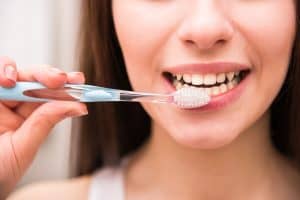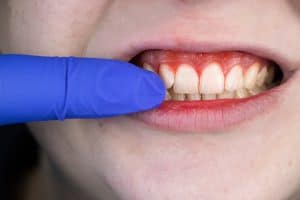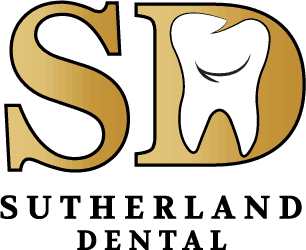It is regularly recommended that you change your toothbrush every three to four months. There may be occasions when you need to replace it even earlier, but this ultimately depends on how you use your toothbrush to brush your teeth.
Even so, regularly replacing your toothbrush is an important tip for strong oral health. So, are you changing your toothbrush regularly?

What Happens If You Don’t Regularly Change Your Toothbrush?
Here’s what you need to know if you do not change your toothbrush regularly:
- You’ll Have A Worn Out Toothbrush – The head of your toothbrush contains bristles that are designed to accumulate bacteria on your teeth and gums. The bristles also have a shelf-life, and the more force you apply to your teeth, the faster the bristles become damaged. Always be mindful that if the bristles become soft and curly, they are next to useless and the toothbrush needs to be replaced.
- You Could Become Ill – If you’ve experienced a cold or other illness, it is important that you replace your toothbrush to avoid contamination. You want to ensure bacteria is not contracted on somebody else’s toothbrush either.
- Bad Breath Will Be Regular – Simply put, brushing your teeth with a damaged or dirty toothbrush will also cause bad breath. A damaged toothbrush decreases its effectiveness in keeping your mouth clean, and a damaged toothbrush spreads bacteria more across your mouth, the source of bad breath
- Dental Plaque Hardens Into Tartar – A strong toothbrush can help remove dental plaque from your teeth. Plaque is a pale sticky substance that accumulates from food that remains stuck in the mouth. A damaged toothbrush cannot clean it and, eventually, the plaque will turn into tartar. This will require an appointment at the dentist to scrape it off.

- You Will Attract Gum Disease – When bacteria accumulates around your teeth, it multiplies and damages your gums. This is bad news and will cause advanced periodontal disease if you do not brush your teeth. The bacteria will also trickle down to your bone, causing your teeth to fall out.
- Tooth Abrasion – Tooth abrasion is the process where your teeth start to lose enamel owing to excessive force, such as overzealous brushing or using a hard bristle toothbrush.
Follow recommendations and change your toothbrush regularly. If you need further support, we’re here to help! Simply get in touch with us here.



